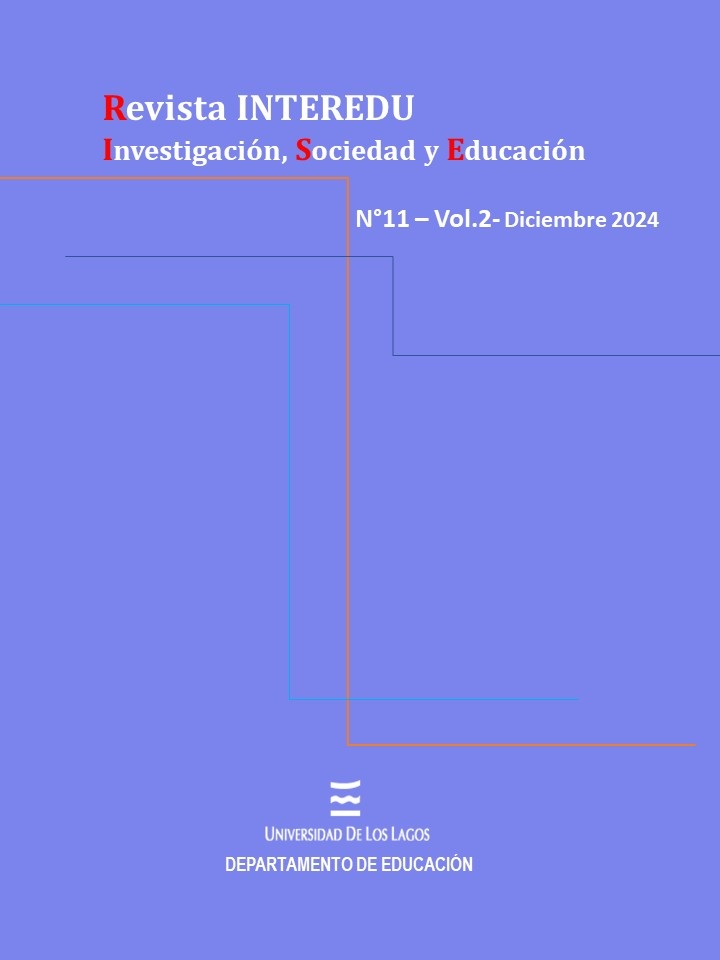Interdisciplinary Service-Learning (ISL) methodology. A proposal for university context
Main Article Content
Abstract
In the current context of higher education—shaped by the need to train both competent professionals and socially committed citizens—Service-Learning (SL) emerges as a pedagogical approach with significant formative and transformative potential. This article presents a proposal for the implementation of Interdisciplinary Service-Learning (ISL) at the Blanquerna Faculty of Psychology, Education and Sport Sciences of Ramon Llull University (Barcelona, Spain), with the aim of fostering a comprehensive university education that is meaningfully connected to social reality.
This qualitative, inductive research seeks to identify the strengths of SL projects carried out across different degree programmes, to promote interdisciplinary collaboration, and to contribute to the development of teamwork skills among students. To this end, a documentary analysis of sixteen scientific publications on SL was conducted, along with a series of in-depth interviews with leading academic figures in the field.
The findings reveal that ISL not only facilitates the acquisition of transversal skills highly valued in professional settings—such as communication, critical thinking and collaboration—but also strengthens students’ ethical awareness and civic engagement. Furthermore, several key factors for institutional sustainability are identified, including shared curriculum design, strong pedagogical support, interdepartmental coordination and partnerships with community organisations.
Article Details

This work is licensed under a Creative Commons Attribution-NonCommercial 4.0 International License.
